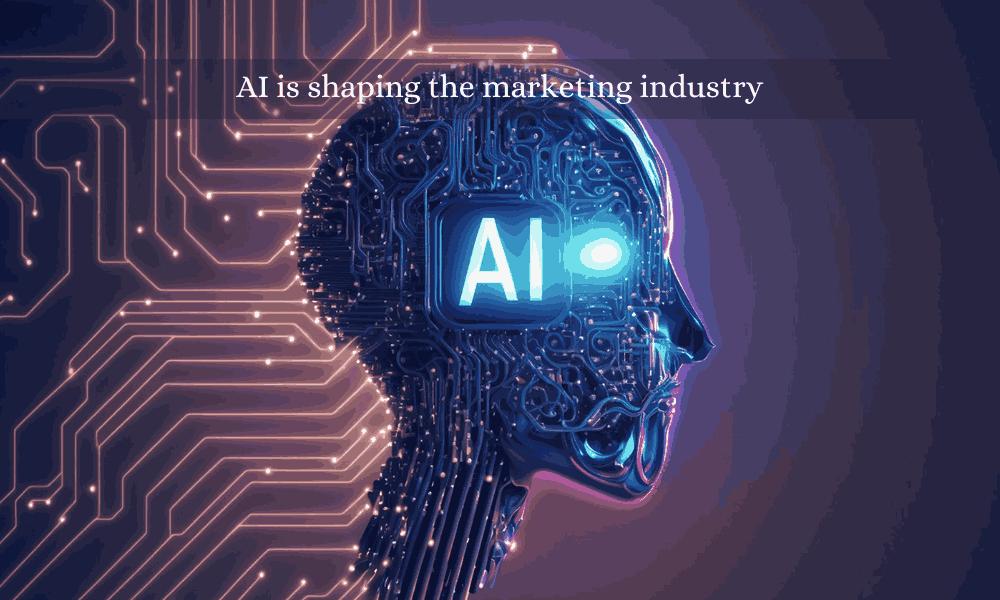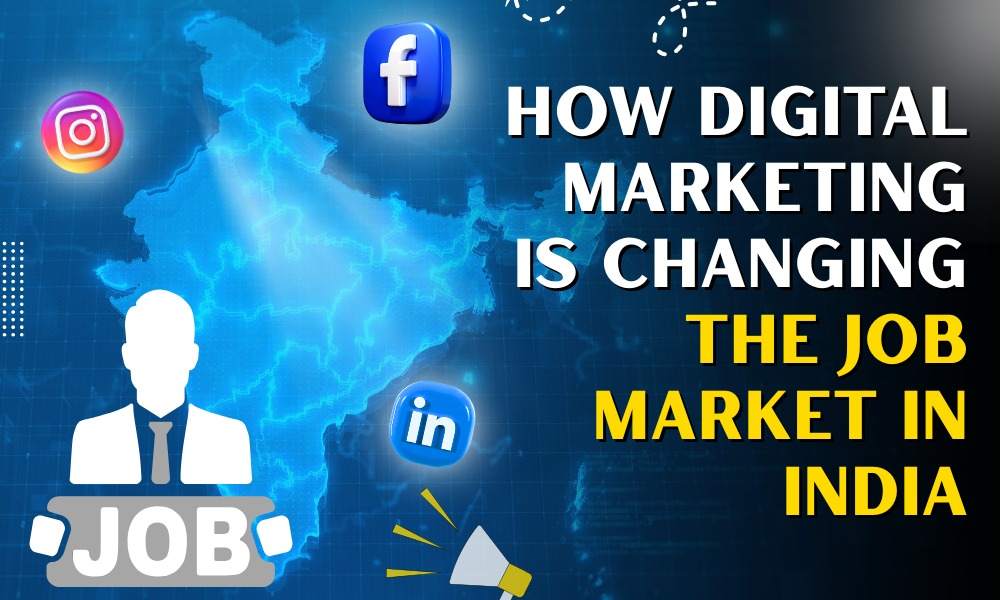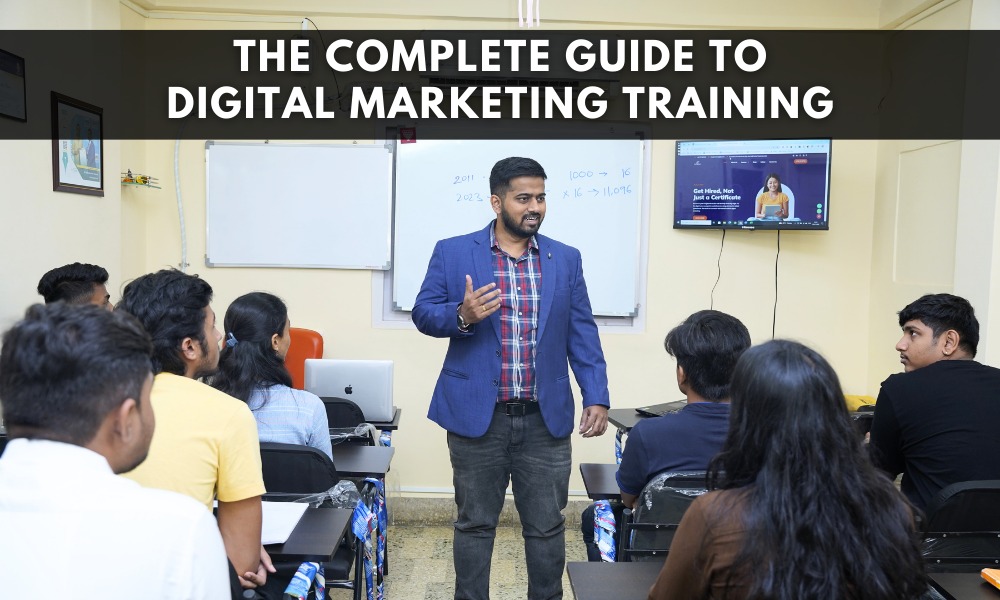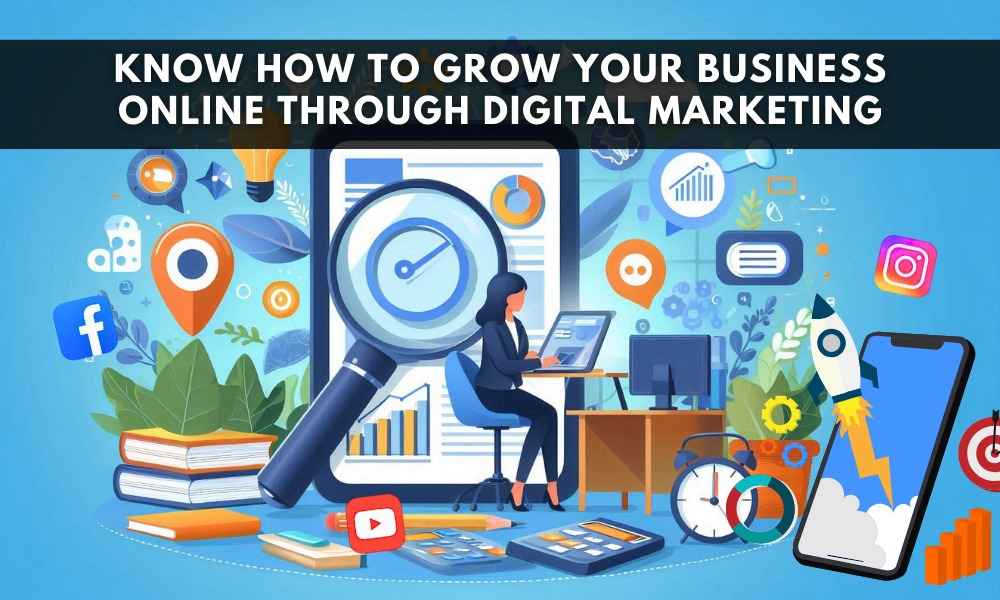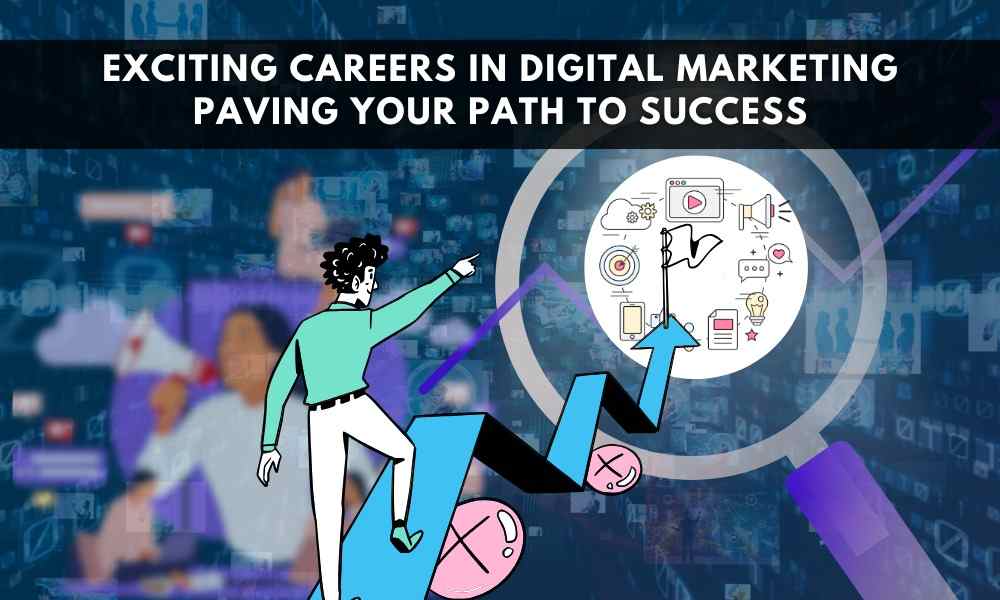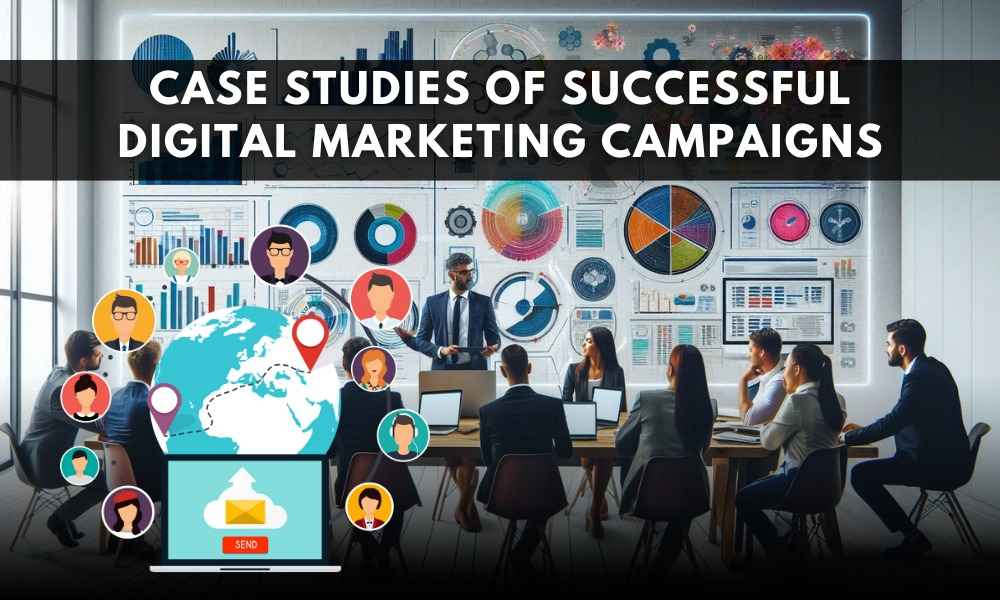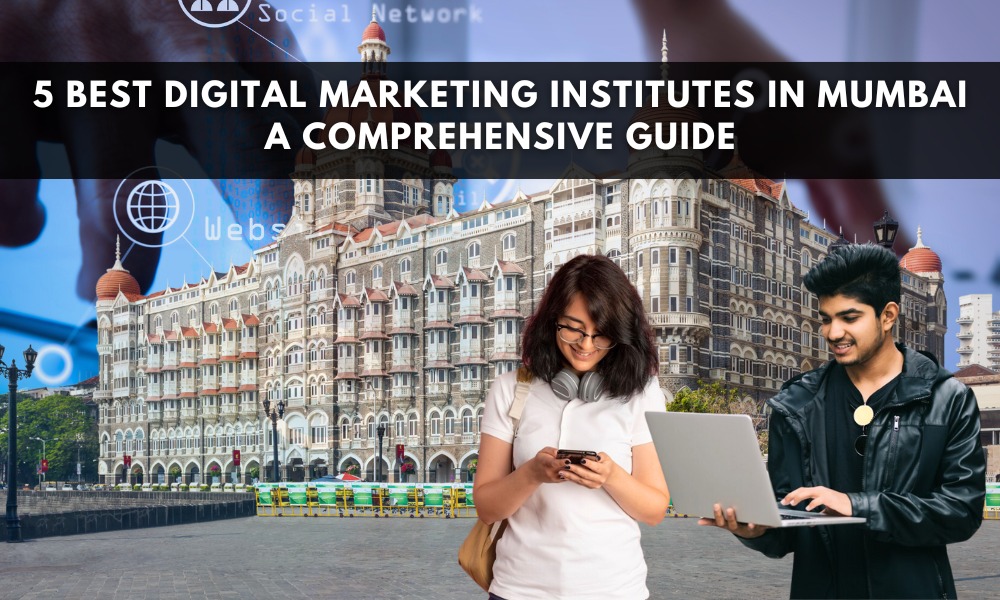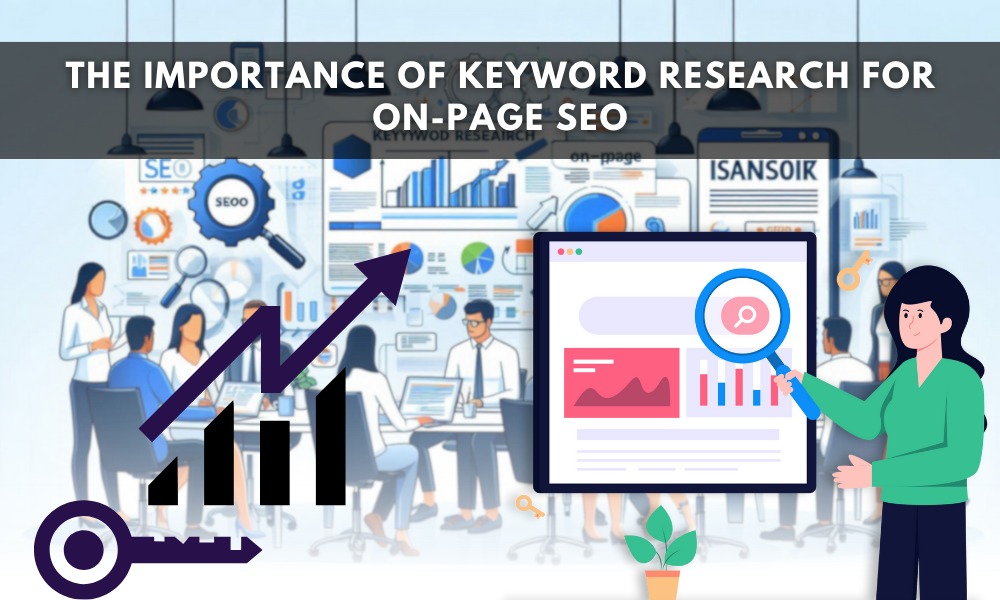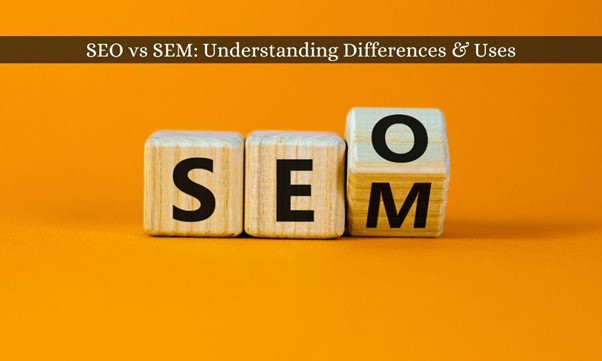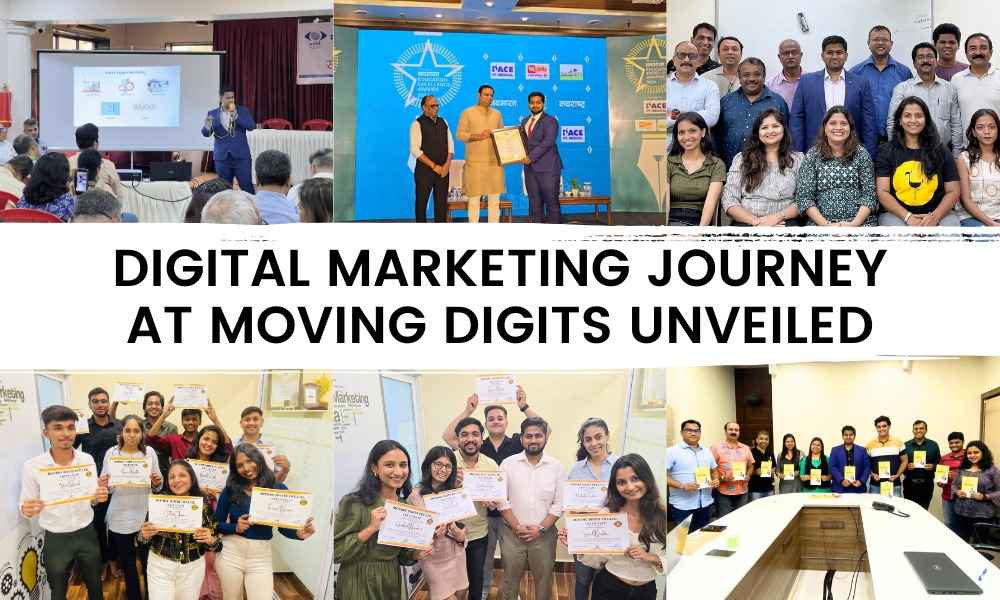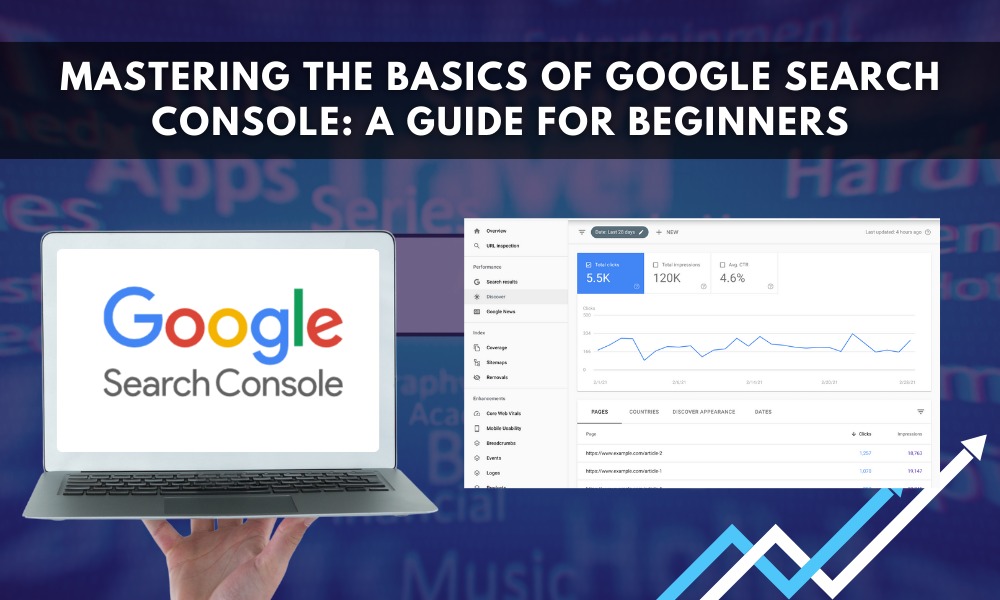Are you reaching customers when and where it matters with your marketing tactics by using the rapid advancements in technology? Failing to take advantage of new developments in cutting-edge technology, like artificial intelligence (AI), can put your consumer engagement levels well behind those of your tech-enhanced competitors in the arms race that is modern marketing.
Significantly, artificial intelligence is making it possible to streamline marketing procedures and remove the costly expenses that previously restricted attempts to improve one-on-one connection and personalized content. Attending an AI marketing session in Moving Digits can help businesses leverage AI-driven strategies to stay ahead in the competitive landscape.

How businesses are utilizing AI to increase marketing return on investment
With the help of AI, businesses can now communicate with customers directly and use the data they leave behind to create a blueprint for how to better serve them going forward. AI systems can also be used to spot patterns in consumer behaviour and preferences, allowing companies to design campaigns that have been tailored to the demands of their target market.
Businesses may remain ahead of the competition and find new opportunities in their market by utilizing AI solutions.
1. Identifying and Making Use of AI Marketing Tools:
AI enables marketers to tailor campaigns by automating functions like audience segmentation for personalized messaging. AI utilizes data analytics and predictive models to analyze consumer behavior and automate marketing campaign functions. AI has emerged as a mighty tool in the marketer’s arsenal. It assists in finding potential and crafting effective advertisements by searching for patterns and patterns in large datasets. The precision enables reaching a specific audience.

2. For complex object recognition, use deep learning:
With the application of deep learning, a machine can “learn” to recognize patterns in text, voice, images, and other forms of data to uncover valuable information. In describing the usage of deep learning, it is not possible to ignore Facebook’s utilization of photographs submitted by its users through Instagram in an attempt to train an extremely sophisticated object-recognition engine.
Even though the company asserts that the information gathered isn’t being used to better know user behavior, the open-sourcing of the platform recently enables other companies to use this predictive tool.
3. AI-Powered Personalization:
A huge amount of consumer data, ranging from browsing and purchase histories to social media interactions and demographic data are gathered and analyzed for AI-powered customisation. The purpose of this data is to understand the unique requirements and preferences of every single consumer.

How should personalized AI be put into practice?
- Establish goals: It should be clearly understood why personalization is necessary in the first place before introducing an AI-powered personalization.
- Apply top-notch data: Companies should create a system for gathering and preserving high-quality data so they may use it to understand the preferences and behaviour of their customers.
- Be open and honest: Businesses should be open and honest about how they acquire and use customer data for customisation to gain their trust. This means providing precise privacy guidelines and describing how client data is utilized to provide customized experiences.
4. AI-Powered Chatbots:
Customers can access AI chatbots 24/7, and they can provide insights into your customers’ interaction and purchasing habits to facilitate more engaging discussions and more standardized and customized digital experiences across your messaging and website platforms.
5. Predictive Analytics:
Undoubtedly, AI-powered predictive analytics is revolutionizing the field of digital marketing. Businesses may ensure increased engagement, loyalty, and return on investment by customizing their strategies to match the needs of their customers by studying and anticipating user behaviour.
6. AI-Generated Content:
AI-generated content can be customized to fit a business’s specific needs. AI programs can offer personalized content that is matched to a specific audience, increasing engagement and conversion rates, through analyzing data and learning from previous content. Also, highly scalable, AI-written content can be used for numerous tasks such as blog posts, product descriptions, social media content, and even video content. Due to this variety, firms can make all sorts of material to reach more people.
7. Optimization of voice search:
With more people using voice assistants like Siri, Alexa, and Google Assistant to search for information, it is becoming more and more necessary to optimize content for voice search. Marketers may connect with customers through this new channel by producing content that makes use of AI-powered natural language processing. This can involve tactics like focusing on long-tail keywords and making the material more optimized.
8. Targeted Ads:
Expert firms that offer AI advertising services have become leaders in this space as AI’s impact on digital marketing keeps expanding. These businesses are leading the charge in the AI-driven advertising revolution, providing creative solutions that improve the efficiency with which corporations connect with their target markets.
9. Fraud detection:
It involves developing algorithms to identify trends and irregularities that point to potential fraud. These machine-learning models get better over time by constantly learning from fresh data, which increases their forecast accuracy and makes it possible for them to adjust to changing fraudulent strategies. This proactive defence mechanism gives companies an effective tool to ensure the security and integrity of transactions.
10. AI- WhatsApp Chatbots:
Investing in a WhatsApp chatbot is the best decision you can make for your company’s digital marketing, as WhatsApp is the way of the future for both commerce and digital marketing. Businesses can lower expenses and improve productivity by providing customers with prompt, personalized answers to their questions. WhatsApp has the highest open rate of any platform, which makes it the best way for businesses to communicate with their clients.
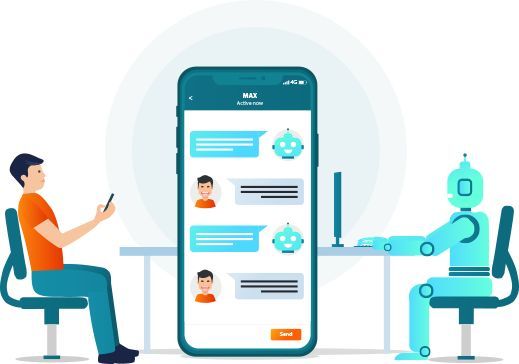
Conclusion
AI is raising the veil on the solutions buried in large datasets and eradicating guesswork when it comes to finding and targeting clients. With advanced features such as speech and object detection, artificial intelligence (AI) is empowering erstwhile faceless firms to communicate, sense, and comprehend their consumers.
Companies should use this opportunity to set the foundation for a marketing engine that will only get more complex, wise, and efficient. A digital marketing institute in Dadar can help businesses stay ahead by leveraging AI-driven strategies. Businesses attempting to adjust after the market has evolved will find it difficult to keep up. Which businesses exist to experience it will depend on their capacity to predict the direction of marketing.

